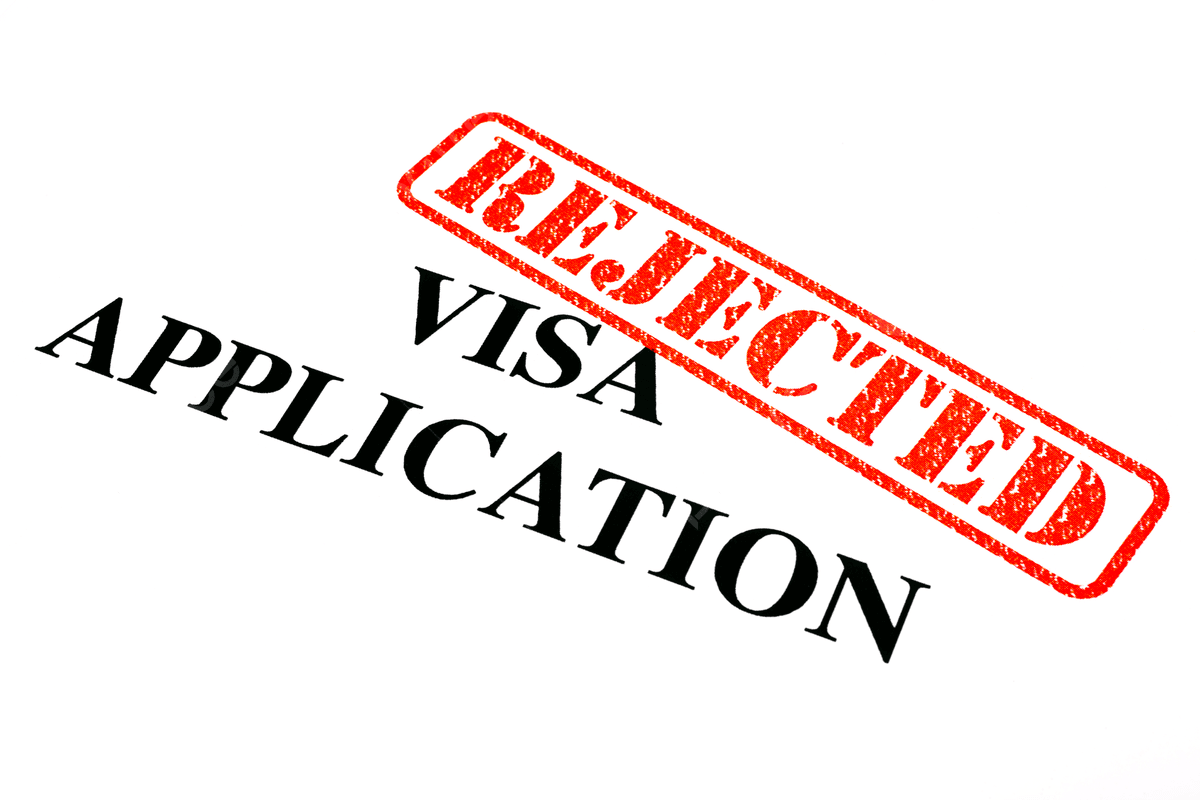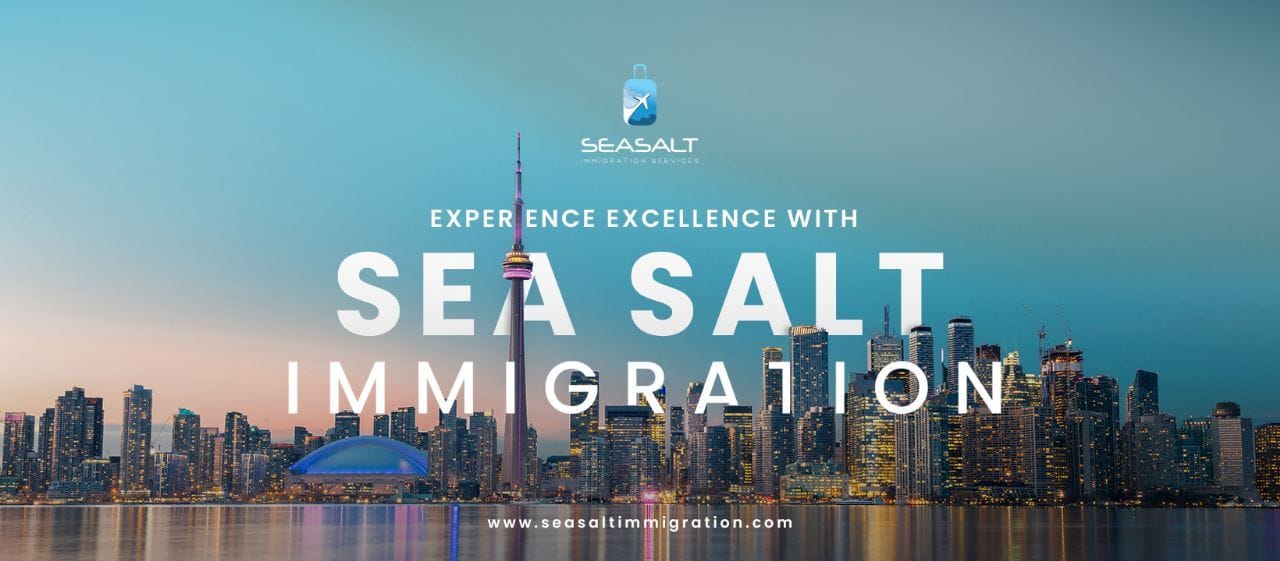Canada is known for its diverse culture, stunning landscapes, and robust economy, making it a popular destination for tourists, students, and immigrants. However, obtaining a visa can be challenging, and there are several common reasons for Canada visa refusals.
Visa refusals can occur for several reasons, and it’s important to understand why your application may be rejected.
Why Does Visa Refusal Occurs?
1. Visa Refusals by IRCC
Immigration, Refugees, and Citizenship Canada (IRCC) evaluates immigration applications and has the authority to either approve or reject visa applications.
IRCC approves applications that are accompanied by complete and sufficient documentation, demonstrating the applicant’s admissibility to Canada. However, in some cases, applicants may be found inadmissible, leading to visa refusal.
When IRCC decides to refuse an application, they communicate this decision to the applicant through a refusal letter.
In summary, Canada visa refusals occurs when an application lacks the necessary documentation, or when the applicant is deemed inadmissible by IRCC for various reasons.
2. Financial Proof for Canadian Visa
To secure a Canadian visa, you must show you have enough funds to cover your stay and return trip. While there’s no fixed amount, having at least CAD 150 per day for your visit is advisable.
3. Incomplete Documentation
Your immigration application hinges on complete and accurate documentation. These documents serve as the basis for assessing your background and identity, ultimately determining whether your application is accepted or refused by IRCC. Key documents include those verifying your identity, health, finances, work history, and criminal record.
Incomplete documentation goes beyond missing papers; it includes any missing, incomplete, or misrepresented information. Such discrepancies can significantly impact IRCC’s decision.
4. Criminal Inadmissibility
Having a criminal background is a concern for immigration officers and IRCC. All applicants, including those seeking visitor visas, must resolve any outstanding criminal cases or charges with their local authorities.
5. Medical Inadmissibility
Canada takes public health seriously and may refuse visa applications on medical grounds for two main reasons:
- To prevent the entry of infectious diseases.
- To assess whether newcomers might rely on public health care.
Please note that, at the time of writing, applications for visitor visas, permanent residency, and work permits are being temporarily refused or put on hold due to the COVID-19 pandemic. IRCC is taking these measures to safeguard Canada’s borders.”
6. Overstaying Status in Canada or any other country
If you have overstayed your visa in Canada or another country, your chances of approval would be reduced.
7. Illegal Status in the Country of your residence
If you live illegally in a country, Canada most likely won’t believe you will abide by Canadian laws and regulations when you come to Canada.
8. Doubts About Intent
It is also possible for a visa officer to be suspicious of an applicant’s visa application. This happens when there is inconsistency in the information of the documents.
For example, a visa officer may find it unusual for a person to apply for a work permit but not present any police certificate. Also, there may be some doubt about an international student’s purpose if he or she only has enough funds for a month.
Ultimately, you could think of the documents in your application as a picture of your intent. Any inconsistent
9. History of overstaying status or deportation in Canada or any other country:
Canada uses a Global Case Management system and they share information with most countries around the world. If you have overstayed your visa in Canada or any other country, you will have lower chances of approval. Yet, depending on your case, it is still possible to obtain your visa.
10. Political or Country-Specific Issues:
Political instability or specific issues related to your home country can lead to refusal. It’s important to note that political instability or particular issues in your home country can be factors leading to visa refusal.
How can we, as a licensed service, can help you?
If you’ve faced a visa refusal to Canada, don’t lose hope! Many clients, even after encountering multiple visa refusals, have found success with Seasalt Immigration Service in obtaining their visas. Our team of Registered CICC specialises in addressing Canada Visa Refusals and has a strong track record of assisting clients in these situations.
- CMS Notes Analysis: We access and analyse GCMS notes, offering insights into the refusal’s root cause. This helps you strengthen your application.
- Online Document Review: Clients can conveniently review application materials securely online before submission to IRCC.
- Professional Representation: Our experienced RCICs gather and submit additional evidence to address visa officer concerns.
- Comprehensive Submission Letter: We draft a thorough submission letter addressing refusal grounds, enhancing your application.
- Authorised Portal Use: We utilise the Authorised Paid Representative Portal, demonstrating professionalism and increasing approval chances.
- RCIC Expertise: IRCC recognizes our expertise, including procedural fairness knowledge and federal court review capabilities if necessary.
Based on our extensive experience, combining these strategies often leads to successful outcomes, especially for common or recurring refusal reasons.
If your visitor visa application has been refused or you are considering applying for a new one, please contact Seasalt Immigration Service for expert assistance. We are dedicated to helping you overcome your Canada visa refusals and guiding you through the entire Canadian immigration process.




